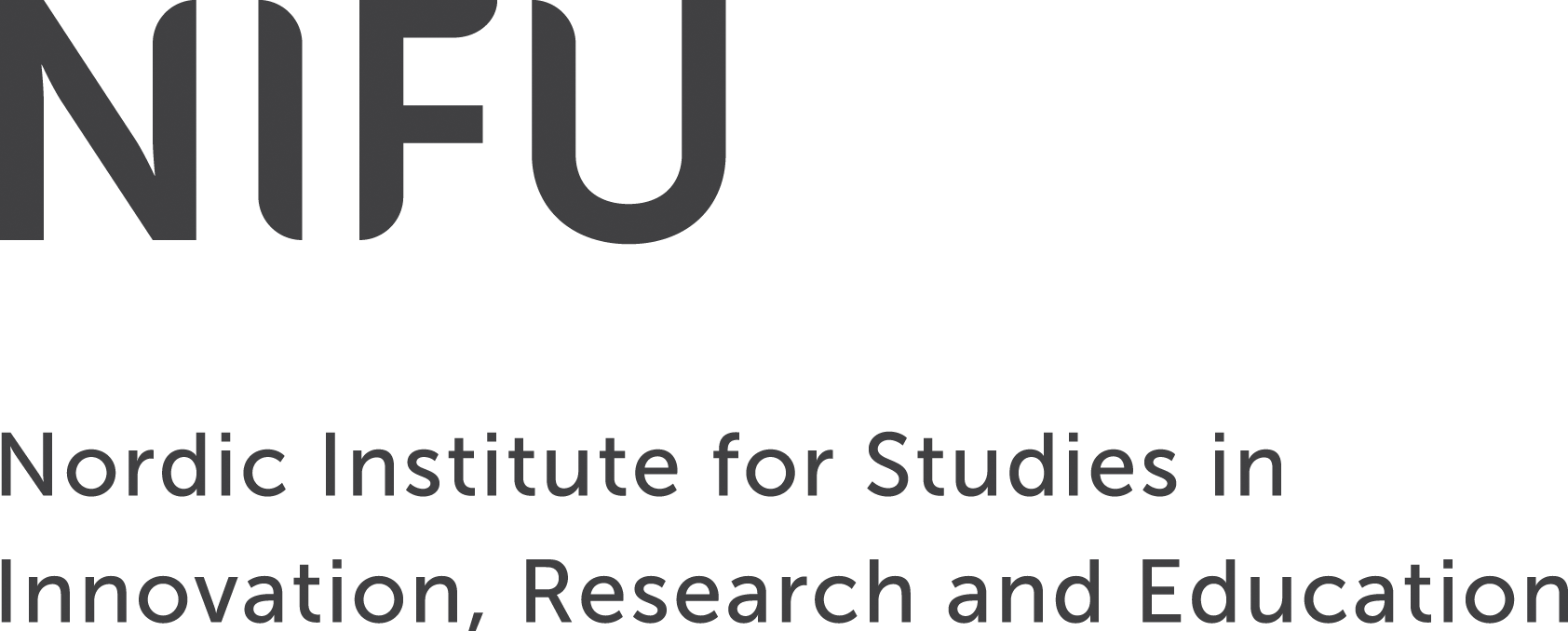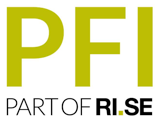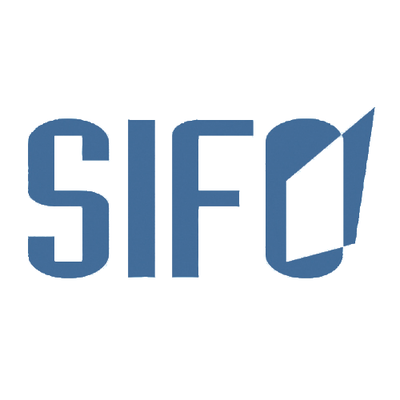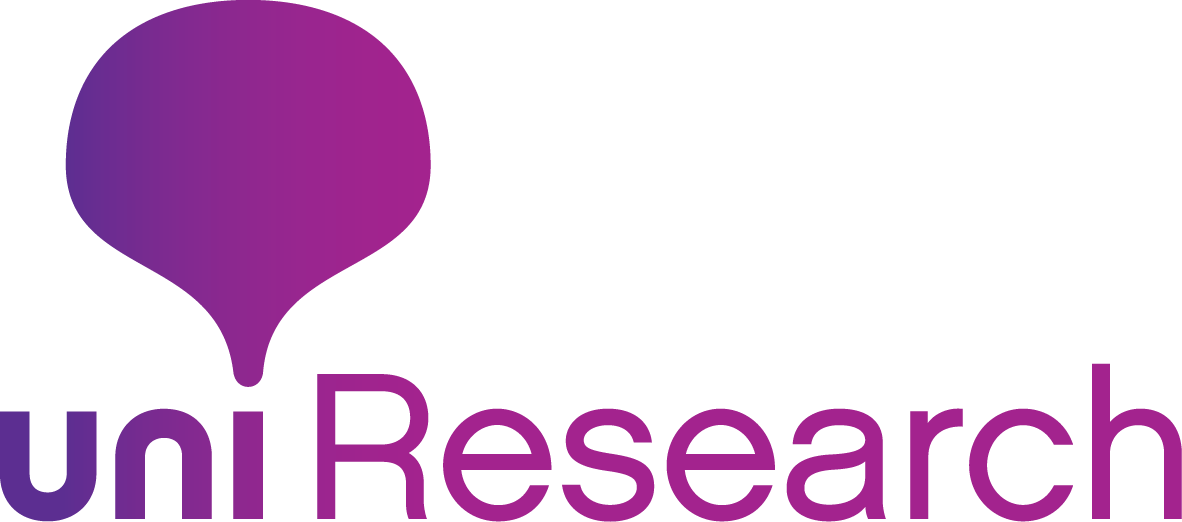Our research projects
In Norilia, growth and business development shall be supported by continuously updated knowledge and insight. We are therefore involved in a number of research projects in collaboration with various research communities and business partners.
The projects mainly focus on development of bio-processes and new methods for deriving more value from residual raw materials from the meat and egg industry. The goal is to develop new applications that will add further value to our products. To succeed, we need studies that show their properties and effects, and many of the studies pursue this objective.
In addition, Norilia participates in networks to search for knowledge and build alliances. The two main networks are:
LifeScienceCluster
This network is working to develop sustainable solutions, make best use of resources and develop the potential inherent in the field of life sciences.
The NCE Heidner network
This network is Norway’s foremost business cluster in the area of green bioeconomics and sustainable food production.
Participation in the Centres for Research-based Innovation
Centres for Research-based Innovation (CRI) are long-term research projects that run for five to eight years. The centres are operated as close-knit partnership projects between businesses that engage in R&D and leading research communities. The centres develop competencies that are important for industrial innovation and value creation in Norway.
Norilia participates in the following CRIs:
CRI Foods of Norway
The project is headed by the Norwegian University of Life Sciences (NMBU) and includes many of Norway’s largest companies in the area of agriculture, forestry and fishery, such as Borregård, Biomar, Felleskjøpet, Tine and Nortura. The objective is to explore the potential for new types of sustainable domestic animal and fish feed based on Norwegian resources from forestry, kelp and residual raw materials. New and innovative bio-refinery methods are being developed to produce animal feed with the right composition and properties. Feed has a great impact on the animal’s health and growth and the quality of its meat and milk, and comprehensive testing is therefore undertaken. Norilia participates in the project to find out whether animal by‑products that otherwise are of low commercial value can be refined by bioprocessing with the aid of yeasts.
CRI DigiFoods
The rapidity of digital development can open up considerable opportunities for the food industry. DigiFoods is headed by Nofima and seeks to develop smart optical sensors that can measure and digitise the quality and properties of raw materials during production. In addition, the project is investigating opportunities for robotisation in combination with sensor technology. Online measurement gives rise to new data in the value chain. To enable the use of such data for purposes of quality and product development, they need to be standardised and contextualised.
We use this project to assess the use of sensor technology for online measurement and management of process parameters in our refinery facility Bioco. Bioco refines bone material and residual meat from poultry with the aid of the enzymatic hydrolysis process. The enzymes help decompose the raw material, so that proteins, fats and minerals can be separated. This is a complex process where the addition of enzymes, timing and temperature must be optimised and adapted to the raw material in order to achieve a high proportion of protein and the desired quality. Residual raw material typically varies widely in quality, and this needs to be addressed during the refining process. Online measurement enables a more precise production and stable output quality.
CRI Industrial Biotechnology
Norilia’s mandate is to make use of the entire animal and ensure the highest possible value creation on the basis of animal by-products. New bioprocesses and technology are key tools to make better use of residual animal products.
This CRI seeks to develop and industrialise modern biotechnology and methods, such as the use of enzymes and microorganisms in the production of ingredients for various applications.
The project is important to obtain knowledge for the further development of the enzymatic hydrolysis line that we have established. In addition, we want to test other types of residual raw materials as a basis for establishing new lines. One of the sub-projects focuses on development of enzymes. The type of enzyme has a considerable impact on the amount of protein that can be produced, as well as its taste and technical and bioactive (health-promoting) properties. Furthermore, the project explores other refining processes such as fermentation and cell culture, which are extremely interesting bioprocesses for making best use of residual raw material and production of new ingredients.
This CRI includes some of the foremost research communities in this field: Sintef, Norwegian University of Life Sciences (NMBU), Norwegian University of Science and Technology (NTNU) and NORCE.
BYPROVALUE
In recent years, saturated fats have been increasingly removed from food products to make them healthier. This has created a surplus of saturated fats, which currently are sold for energy production and animal feed. We believe that refining these fats with the aid of fermentation has a major potential for value creation. In collaboration with NMBU, the BYPROVALUE project explores the opportunities for using different kinds of yeasts and fungi in a fermentation process to transform animal fats into a multifunctional biomass. This biomass can be used as it is for animal feed, or selected ingredients can be separated out, for example chitin/chitosan for water purification or beta-glucans for nutritional supplements. The fermentation process provides saturated animal fats with a more advantageous fatty acid profile that can pave the way for new applications.
TailoTides
In collaboration with Felleskjøpet Agri, Norilia has established Bioco. Bioco uses the enzymatic hydrolysis process to refine residual raw materials from poultry, extracting protein, fat and minerals. The protein is often referred to as a protein hydrolysate. A protein is made up of long chains of amino acids, but in the protein hydrolysate, the amino acid chains have been broken up into smaller chains called peptides. The more the proteins have been broken up, the quicker can they be absorbed by our bodies. We seek to develop a market for protein hydrolysates in foodstuffs for humans, where health and nutrition are in focus. The enzymatic hydrolysis process enables isolation of bioactive peptides. These are short-chain peptides that have a positive effect on our health, beyond their nutritional value.
The TailoTides project is headed by Nofima and seeks to develop models for screening and identifying potentially bioactive peptides that can influence risk factors for cardiovascular diseases. To succeed, the separation and sensor technologies must be developed and adapted. To be certain that the peptides have the desired effect, they must be tested in clinical trials.
Amazing Grazing
The project aims to produce knowledge on how sheep in outlying Norwegian land contribute towards sustainable development. Meat and wool from Norwegian sheep originate in farms with varying resource bases, differing working methods and different resource input. The project will investigate the sheep farmers’ operating methods, the consumers’ knowledge about sheep in outlying land and the framework conditions to which both the farmer and the consumer need to relate. The project is headed by Norsøk.
AnimalFat+
This project is headed by Nofima and seeks to shed light on how the meat industry can reduce the fat content in processed meat products without compromising their sensory and technical qualities. The project also investigates how animal fats can be best utilised in environmentally friendly, biobased surface treatment products.
Norilia’s goal is to increase the value of surplus fat from food production. Currently, saturated fats that are extracted from foodstuffs are largely used for energy purposes and animal feed, for which the willingness to pay is low. We believe, however, that new refining methods can be used to increase the value of these fats, enabling them to be sold at a higher price. Norilia participates in a sub-project focusing on refining and new applications, while Nortura participates in another sub-project seeking to develop new products with a lower content of saturated fats.
Our research and innovation partners
















